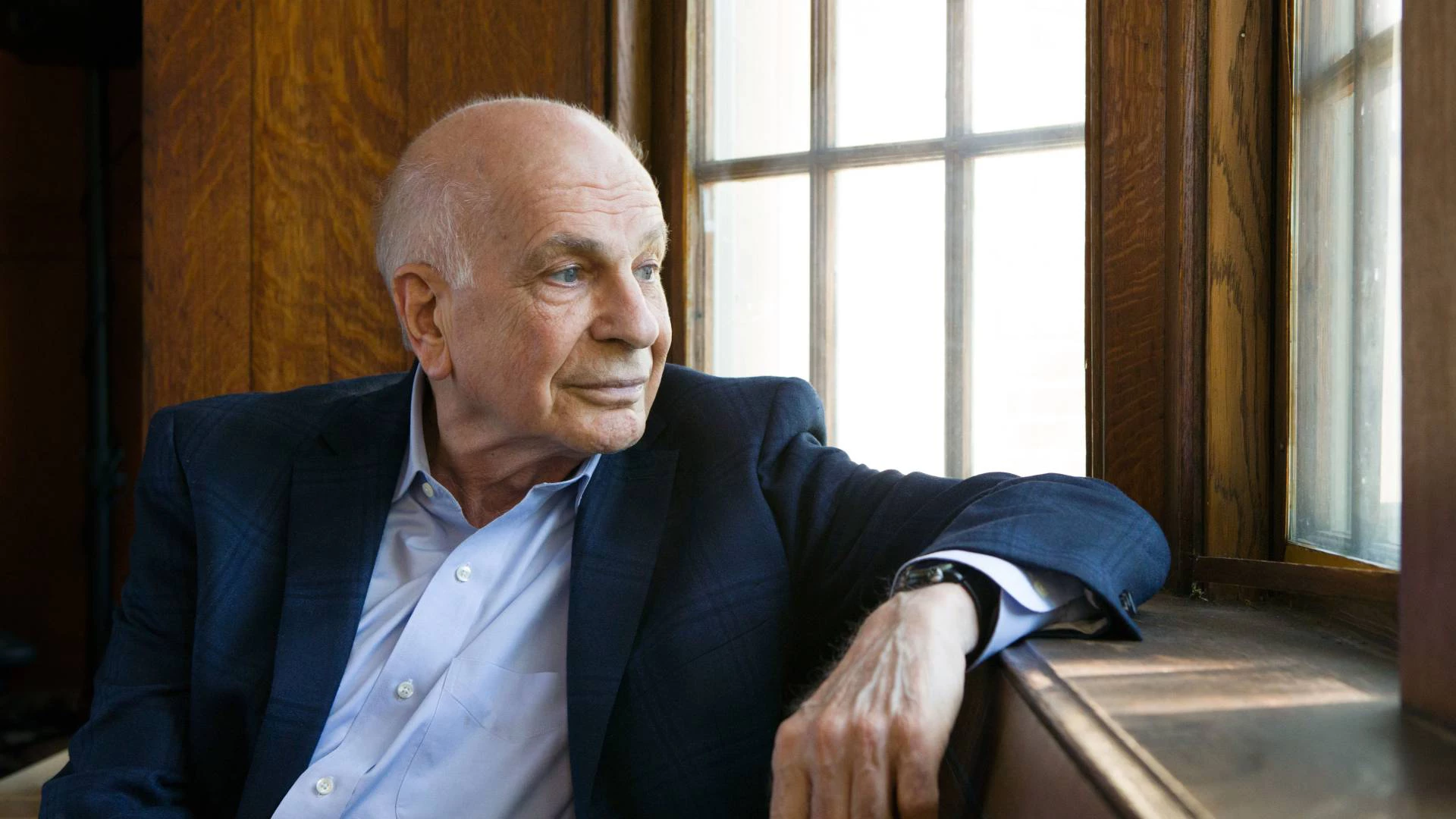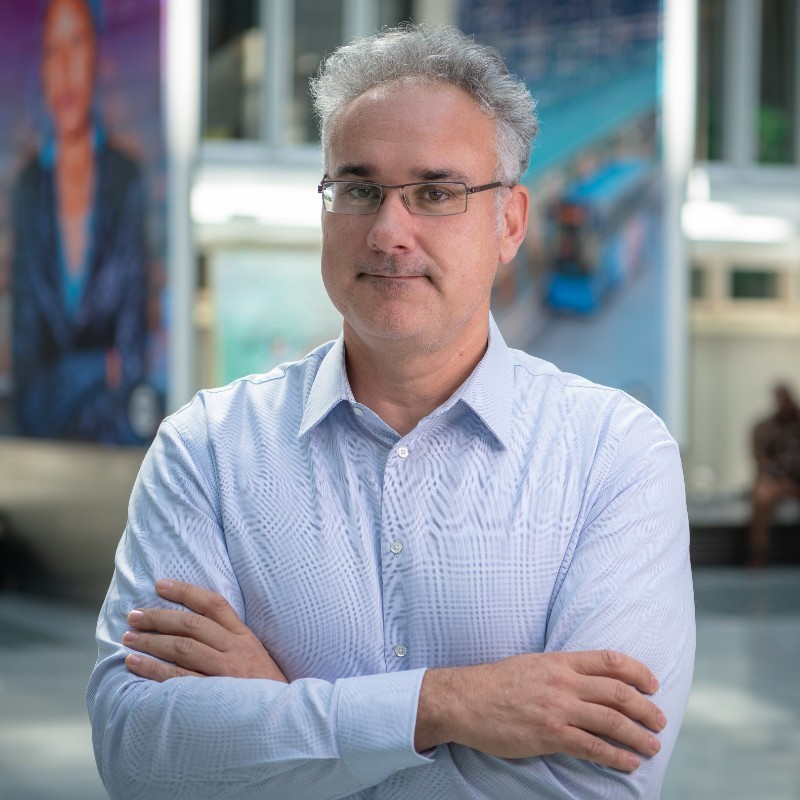 Daniel Kahneman was a Nobel laureate in Economics who made pioneering contributions that bridged the gap between psychological research and economic theory. He passed away on March 27, 2024, at the age of 90. Photo by Denise Applewhite, Princeton University
Daniel Kahneman was a Nobel laureate in Economics who made pioneering contributions that bridged the gap between psychological research and economic theory. He passed away on March 27, 2024, at the age of 90. Photo by Denise Applewhite, Princeton University
The world recently bid farewell to Daniel Kahneman, a towering figure whose groundbreaking work left an indelible mark on economics, psychology, and the way we understand how humans make decisions. A Nobel laureate in Economic Sciences, Kahneman was celebrated for his pioneering contributions that bridged the gap between psychological research and economic theory, particularly in the realms of judgment and decision-making under uncertainty.
Kahneman's won the Nobel Prize in Economics in 2002 – the first time it was awarded to a psychologist – for his innovative approach to understanding human behavior. Together with Amos Tversky, Kahneman introduced heuristics and biases, challenging the classical view of human rationality in economics. Their development of Prospect Theory provided deep insights into the complexities of human choices by highlighting our inconsistent decision-making under risk, our tendency to weigh losses more heavily than gains, and the often-irrational nature of our decisions.
His work not only reshaped academic thought but also had practical implications for policy-making and development. His work inspired the World Bank's World Development Report 2015 on "Mind, Society, and Behavior." Deeply influenced by Kahneman's research, this report emphasized the role of behavioral economics in understanding and addressing global development challenges. It advocated for policies that are informed by a nuanced understanding of human behavior, recognizing that to effectively tackle issues such as poverty, health, and education, we must consider the psychological and social contexts that shape decision-making processes. Nine years later, we continue to regularly embed behavioral science into World Bank operations.
Kahneman's legacy extends beyond his academic achievements, leaving us with values that are much needed in today's world.
- Embrace our optimism bias. As Kahneman said, "Optimistic people play a disproportionate role in shaping our lives. Their decisions make a difference; they are inventors, entrepreneurs, and political and military leaders – not average people."
- Live in humility. In a domain often dominated by overconfident voices, Kahneman's humility stood out, especially in his open and thoughtful responses to critiques of his research. This was well captured when he stated, “Our comforting conviction that the world makes sense rests on a secure foundation: our almost unlimited ability to ignore our ignorance.”
- Explore your curiosity. Kahneman's relentless curiosity about the intricacies of the human mind led him to explore uncharted territories, always with the goal of uncovering insights that could help individuals make better decisions and lead more fulfilling lives. This pursuit is encapsulated in his assertion that "the easiest way to increase happiness is to control your use of time," highlighting his belief in the profound impact of managing one's time effectively on overall well-being.
At eMBeD, the World Bank’s behavioral science unit, we strive to embody Kahneman's wisdom and approach, both individually and as a team. Reflecting on his contributions, we're inspired by the impact of interdisciplinary research and the critical role of integrating psychological insights into economic and development policies. His work motivates us to tackle complex issues with open-mindedness, question our assumptions, and consistently prioritize the human aspect in our efforts.



Join the Conversation